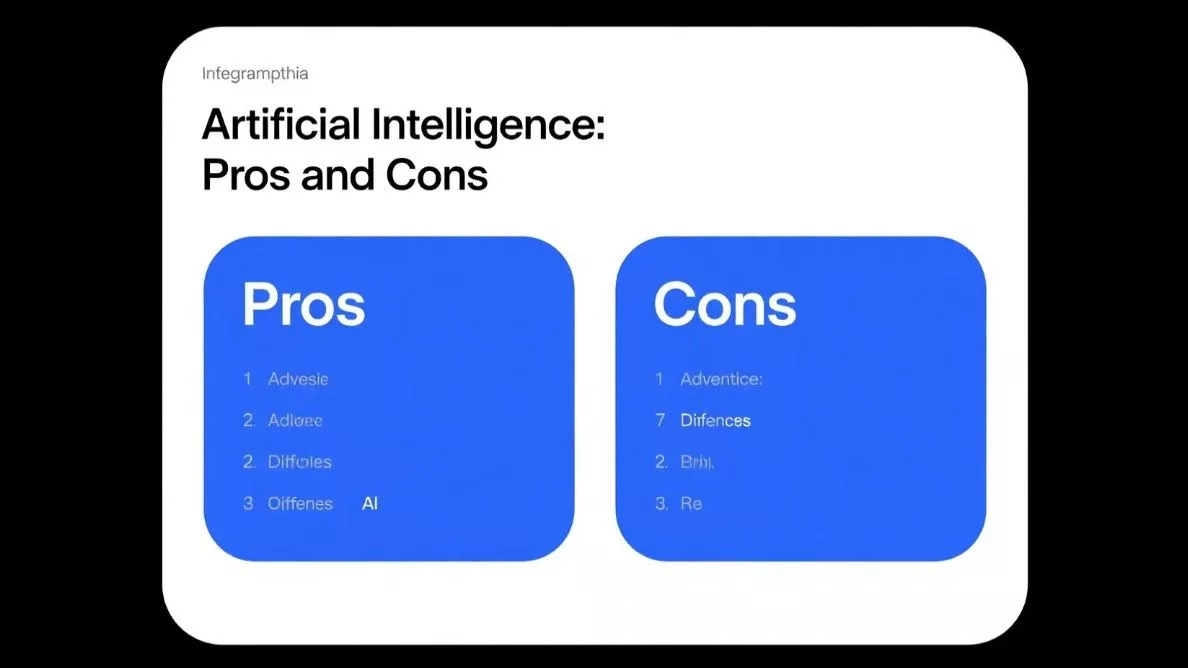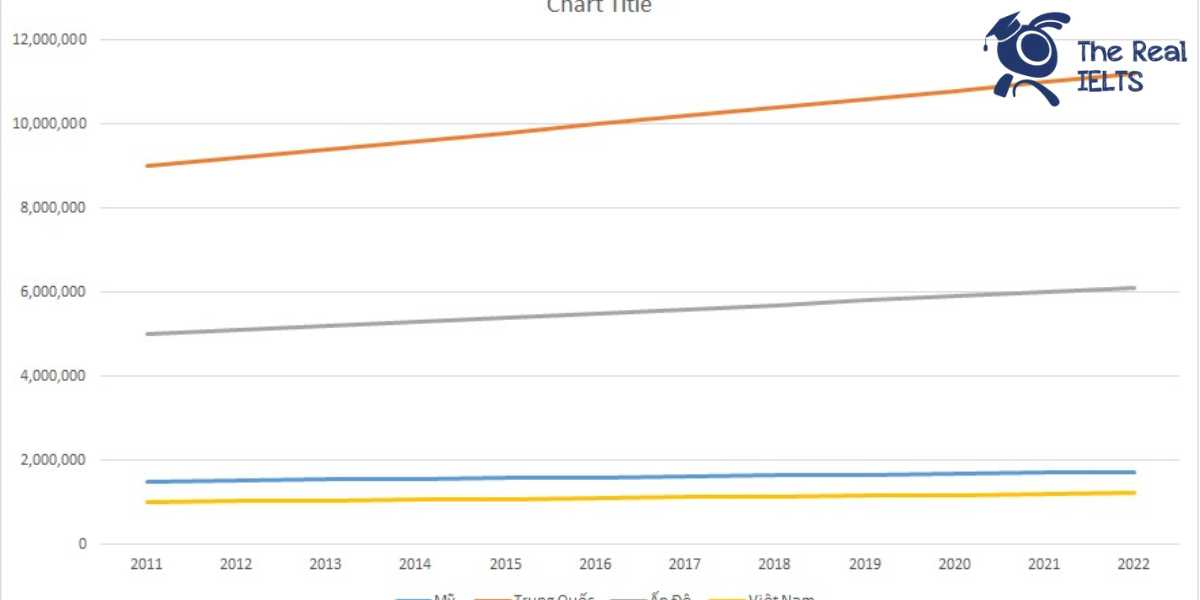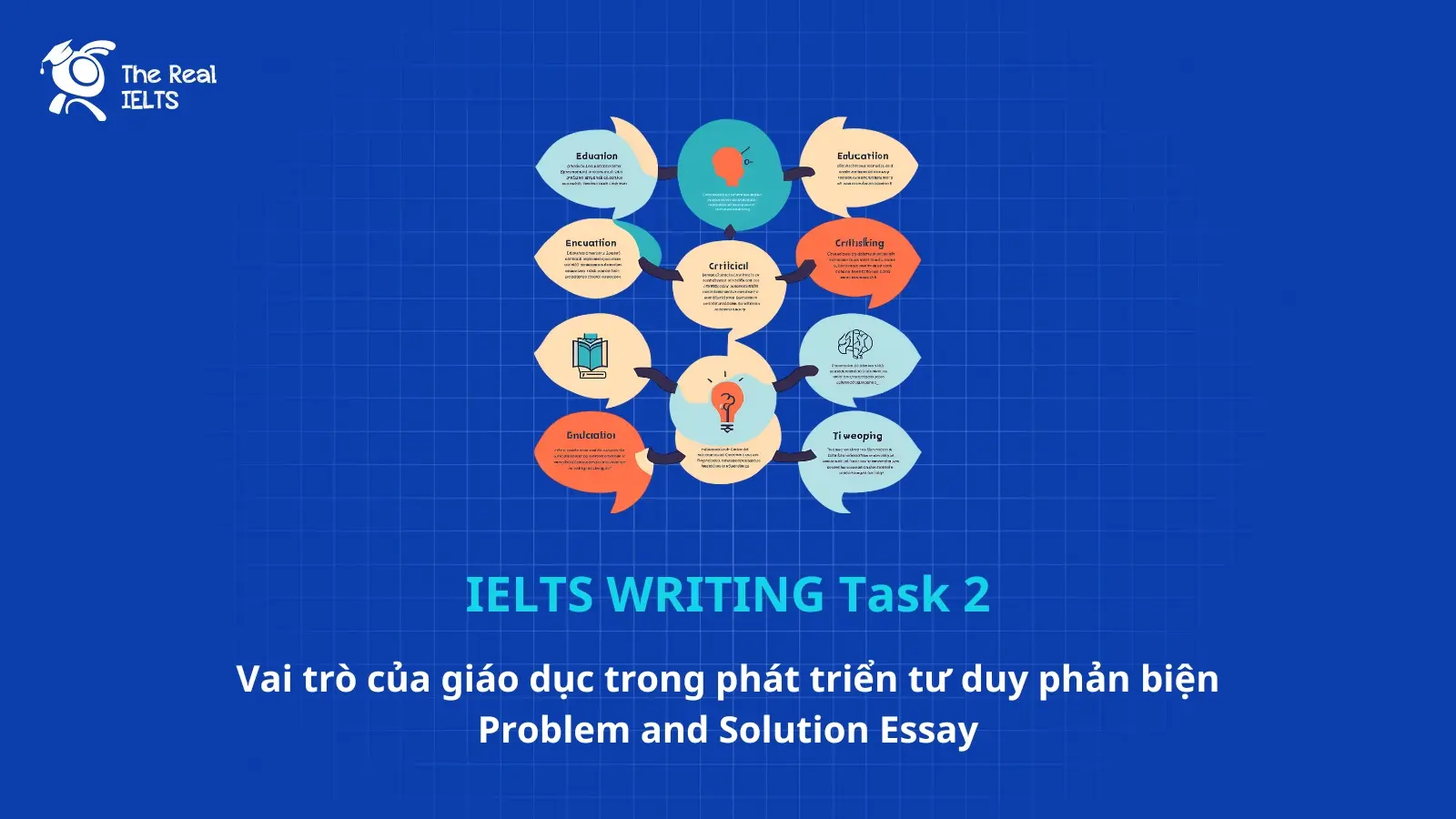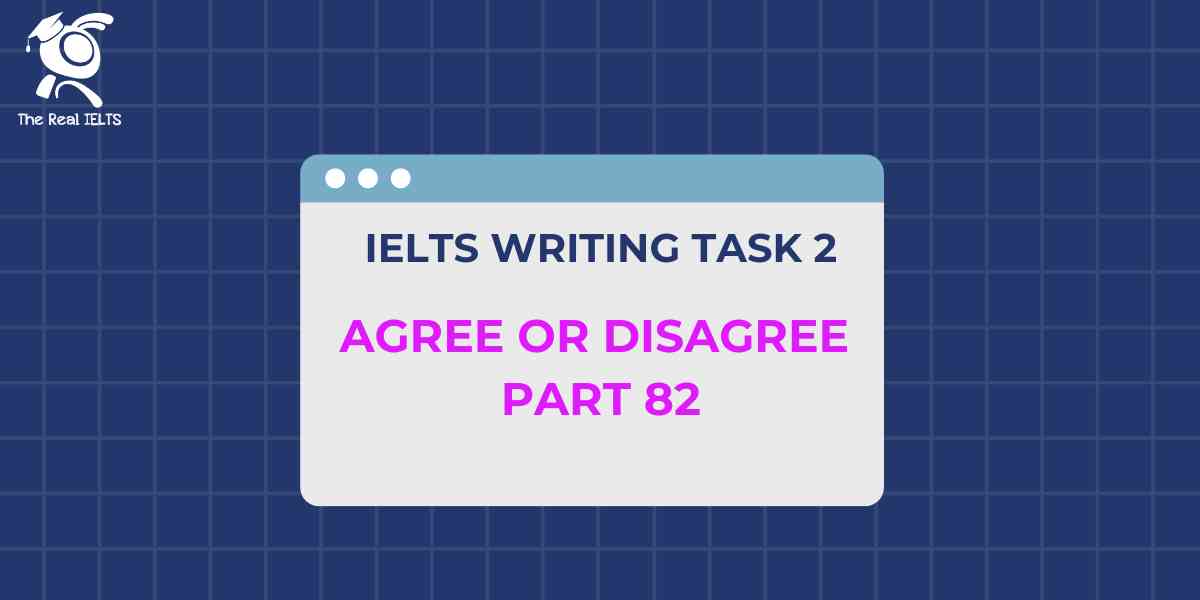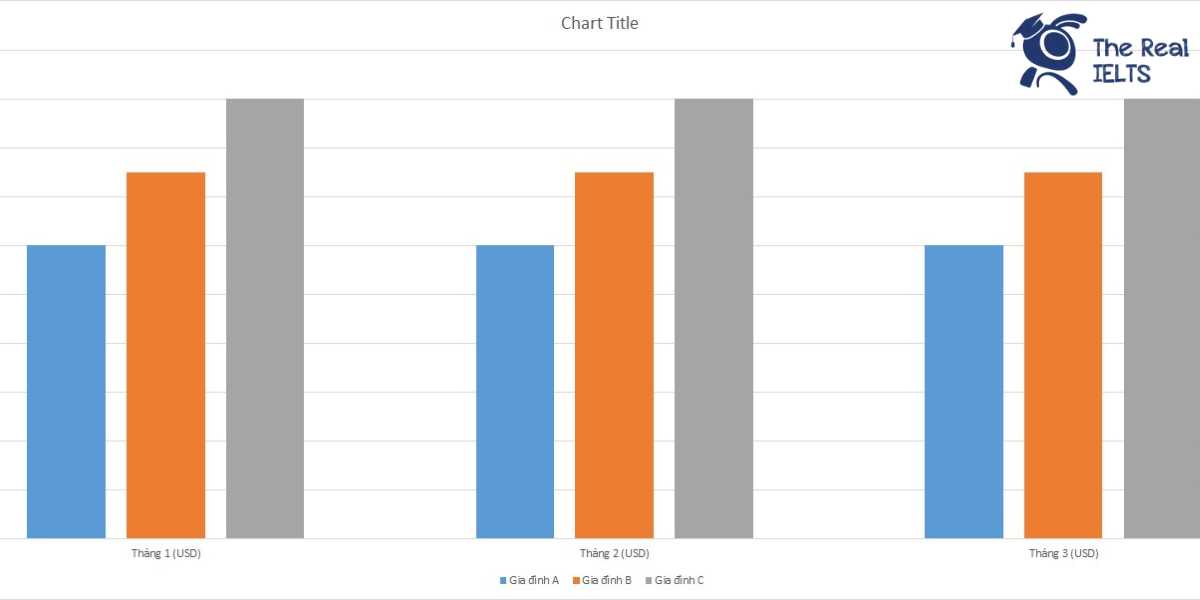Đề thi IELTS Reading có tiêu đề “The History of the Olympic Games”
Nhớ đọc thêm các bài luyện thi IELTS nhé.
IELTS Reading:”The History of the Olympic Games“
The History of the Olympic Games
The Olympic Games, a global symbol of athletic excellence and international unity, have a history that spans over two millennia. Originating in ancient Greece, the Olympics were initially a series of religious and athletic competitions held in honor of Zeus, the king of the gods. These ancient Games were held in Olympia, a rural sanctuary site in the western Peloponnese, and they played a crucial role in the cultural and social life of ancient Greece.
The first recorded Olympic Games took place in 776 BC, though it is widely believed that the Games had been held for several centuries before this date. The Olympics were a key event in the ancient Greek calendar, drawing competitors and spectators from various city-states across the Greek world. The Games were held every four years, a period known as an Olympiad, and this tradition became so ingrained in Greek culture that the Olympiad was used as a unit of time measurement in the ancient world.
The ancient Olympic Games were primarily a male-dominated event. The competitions included running, long jump, shot put, javelin, boxing, and equestrian events, among others. The most prestigious event was the pentathlon, which consisted of five events: a foot race, long jump, discus and javelin throws, and wrestling. Victorious athletes were celebrated as heroes, often receiving olive wreaths, significant financial rewards, and lifelong privileges in their home city-states.
The significance of the Olympic Games extended beyond the competition itself. The Games served as a unifying force among the often warring Greek city-states. A truce, known as the Olympic Peace or Ekecheiria, was declared before and during the Games, allowing athletes and spectators to travel safely to Olympia. This truce was a unique feature of the ancient Olympics, emphasizing the importance of peace and unity through sport.
However, the ancient Olympic Games came to an end in 393 AD when the Roman Emperor Theodosius I, a Christian, banned all pagan festivals, including the Olympics. The Games, which had already been in decline due to the Roman Empire’s influence over Greece, were lost to history for over a millennium.
The revival of the Olympic Games in the modern era is credited to Pierre de Coubertin, a French educator and historian. Inspired by the ancient Games and the idea of promoting peace through sports, Coubertin founded the International Olympic Committee (IOC) in 1894. The first modern Olympic Games were held in Athens in 1896, symbolically linking the modern Olympics to their ancient roots. The Athens Games featured 280 participants from 13 countries, competing in 43 events. This marked the beginning of the modern Olympic movement, which has since grown into the world’s largest and most prestigious multi-sport event.
The modern Olympic Games have evolved significantly since their inception. The number of sports, events, and participating nations has increased dramatically, reflecting the global appeal of the Olympics. The Games are now held every four years, alternating between the Summer and Winter Olympics. The introduction of the Winter Olympics in 1924 allowed for sports such as skiing, ice hockey, and figure skating to be included in the Olympic program, further broadening the scope of the Games.
In addition to their athletic significance, the modern Olympics have become a platform for political and social issues. The Games have been used to promote nationalism, showcase technological advancements, and highlight social causes. However, they have also been marred by controversies, including boycotts, doping scandals, and debates over the commercialization of the event.
Despite these challenges, the Olympic Games continue to be a symbol of global unity and excellence. The Olympic motto, “Citius, Altius, Fortius” (Faster, Higher, Stronger), embodies the spirit of the Games, encouraging athletes to push the boundaries of human performance. The Olympic flame, lit in Olympia and carried to the host city, serves as a reminder of the Games’ ancient origins and their enduring legacy.
The Olympic Games have come a long way from their humble beginnings in ancient Greece. From a religious festival in a rural sanctuary to a global spectacle watched by billions, the Olympics have evolved into a celebration of human potential and international cooperation. The history of the Olympic Games is a testament to the enduring power of sport to bring people together, transcend cultural differences, and inspire generations.
Đề bài thi IELTS Reading
1. Multiple Choice Questions
- Where did the ancient Olympic Games originate?
- A) Rome
- B) Athens
- C) Olympia
- D) Sparta
- In which year did the first recorded Olympic Games take place?
- A) 776 BC
- B) 393 AD
- C) 1896 AD
- D) 1000 BC
- What was the most prestigious event in the ancient Olympics?
- A) Boxing
- B) Pentathlon
- C) Running
- D) Javelin
- Which Roman Emperor banned the ancient Olympic Games?
- A) Constantine
- B) Augustus
- C) Theodosius I
- D) Nero
- Who is credited with reviving the modern Olympic Games?
- A) Pierre de Coubertin
- B) Thomas Bach
- C) Baron de Coubertin
- D) Zeus
- In which year were the first modern Olympic Games held?
- A) 1924
- B) 1896
- C) 393 AD
- D) 776 BC
- How many participants were there in the first modern Olympic Games?
- A) 280
- B) 500
- C) 1000
- D) 150
- What is the Olympic motto?
- A) “Citius, Altius, Fortius”
- B) “Stronger Together”
- C) “Unity in Diversity”
- D) “Faster, Higher, Stronger”
- Which event marked the introduction of the Winter Olympics?
- A) 1896 Athens Games
- B) 1924 Chamonix Games
- C) 2000 Sydney Games
- D) 1936 Berlin Games
- What was the original purpose of the Olympic truce?
- A) To promote international trade
- B) To allow safe travel to Olympia
- C) To encourage peace between nations
- D) To honor the gods
2. True/False/Not Given
- The ancient Olympic Games were originally religious and athletic competitions held in honor of Zeus.
- A) True
- B) False
- C) Not Given
- The modern Olympics have always included both Summer and Winter Games.
- A) True
- B) False
- C) Not Given
- The Olympic Games have never been affected by political issues or controversies.
- A) True
- B) False
- C) Not Given
- Theodosius I banned the ancient Olympic Games because he was a Christian.
- A) True
- B) False
- C) Not Given
- The first modern Olympics included athletes from over 50 countries.
- A) True
- B) False
- C) Not Given
3. Yes/No/Not Given
- The author believes that the Olympic Games have successfully promoted global unity.
- A) Yes
- B) No
- C) Not Given
- The author suggests that the modern Olympic Games are purely focused on sports and have no political significance.
- A) Yes
- B) No
- C) Not Given
- The author implies that the Olympic flame is an important symbol of the Games’ history.
- A) Yes
- B) No
- C) Not Given
- The author states that the ancient Greeks used the Olympiad as a unit of time measurement.
- A) Yes
- B) No
- C) Not Given
- The author asserts that Pierre de Coubertin was inspired by the ancient Games to promote peace through sports.
- A) Yes
- B) No
- C) Not Given
4. Matching Information
- Match the following events with their descriptions:
- A) The ancient Olympic Games
- B) The modern Olympic Games
- C) The Olympic truce
- D) The Winter Olympics
ii. Banned by Theodosius I in 393 AD.
iii. Revived by Pierre de Coubertin in 1896.
iv. Allowed safe travel to Olympia during the Games.
5. Matching Headings
- Match the following headings with the corresponding paragraphs:
- A) The Decline and End of the Ancient Olympics
- B) The Olympic Truce: A Symbol of Peace
- C) The Revival of the Olympic Games
- D) The Modern Olympics: Growth and Controversies
- The origins of the Olympic Games in ancient Greece.
- A, B, C, or D?
- The influence of Pierre de Coubertin on the modern Olympics.
- A, B, C, or D?
- The role of the Olympic truce in ancient Greek society.
- A, B, C, or D?
6. Matching Features
- Match the following individuals or groups with their contributions to the Olympic Games:
- A) Zeus
- B) Pierre de Coubertin
- C) Theodosius I
- D) Athletes
ii. Inspired the revival of the modern Olympics.
iii. Honored by the ancient Olympic Games.
iv. Celebrated as heroes in ancient Greece.
7. Matching Sentence Endings
- Match the beginnings of the sentences with their correct endings:
- A) The ancient Olympic Games were held in Olympia,
- B) The modern Olympic Games were first held in Athens,
- C) The Olympic truce was declared before and during the Games,
- D) The Winter Olympics were introduced in 1924,
ii. marking the start of the modern Olympic movement.
iii. featuring sports such as skiing and ice hockey.
iv. a rural sanctuary site in western Peloponnese.
8. Sentence Completion
- The ancient Olympic Games were primarily held in honor of __________.
- (Answer: Zeus)
- The first recorded Olympic Games took place in __________ BC.
- (Answer: 776)
- The pentathlon consisted of five events, including a __________ race.
- (Answer: foot)
- The modern Olympic Games were revived by __________ in 1896.
- (Answer: Pierre de Coubertin)
- The Olympic motto is “Citius, Altius, __________.”
- (Answer: Fortius)
9. Summary Completion
33-37. Complete the summary with words from the text:
The ancient Olympic Games, held in honor of (33) __________, were a significant cultural event in ancient Greece. The Games included various athletic competitions, with the (34) __________ being the most prestigious. However, the Games were eventually banned in (35) __________ AD by the Roman Emperor Theodosius I. After more than a millennium, the Olympics were revived in (36) __________ by Pierre de Coubertin, leading to the establishment of the modern Olympic movement. Today, the Olympics are a global event, symbolized by the (37) __________ flame.
10. Diagram Label Completion
38-40. Label the following diagram based on the information provided in the passage:
Diagram: The Structure of the Ancient Olympic Pentathlon
- A) __________ (Answer: )
- B) __________ (Answer: )
- C) __________ (Answer: )
Đáp án bài thi IELTS Reading
1. Multiple Choice Questions
- C) Olympia
- A) 776 BC
- B) Pentathlon
- C) Theodosius I
- A) Pierre de Coubertin
- B) 1896 AD
- A) 280
- A) “Citius, Altius, Fortius”
- B) 1924 Chamonix Games
- B) To allow safe travel to Olympia
2. True/False/Not Given
- A) True
- B) False
- B) False
- A) True
- B) False
3. Yes/No/Not Given
- A) Yes
- B) No
- A) Yes
- A) Yes
- A) Yes
4. Matching Information
- D) The Winter Olympics – i) Introduced in 1924 for sports like skiing and ice hockey.
- A) The ancient Olympic Games – ii) Banned by Theodosius I in 393 AD.
- B) The modern Olympic Games – iii) Revived by Pierre de Coubertin in 1896.
- C) The Olympic truce – iv) Allowed safe travel to Olympia during the Games.
5. Matching Headings
- A) The Decline and End of the Ancient Olympics
- B) The Olympic Truce: A Symbol of Peace
- C) The Revival of the Olympic Games
- D) The Modern Olympics: Growth and Controversies
- A) The origins of the Olympic Games in ancient Greece.
- C) The influence of Pierre de Coubertin on the modern Olympics.
- B) The role of the Olympic truce in ancient Greek society.
6. Matching Features
- C) Theodosius I – i) Banned the ancient Olympic Games.
- B) Pierre de Coubertin – ii) Inspired the revival of the modern Olympics.
- A) Zeus – iii) Honored by the ancient Olympic Games.
- D) Athletes – iv) Celebrated as heroes in ancient Greece.
7. Matching Sentence Endings
- A) The ancient Olympic Games were held in Olympia, – iv) a rural sanctuary site in western Peloponnese.
- B) The modern Olympic Games were first held in Athens, – ii) marking the start of the modern Olympic movement.
- C) The Olympic truce was declared before and during the Games, – i) allowing athletes and spectators to travel safely.
- D) The Winter Olympics were introduced in 1924, – iii) featuring sports such as skiing and ice hockey.
8. Sentence Completion
- Zeus
- 776
- foot
- Pierre de Coubertin
- Fortius
9. Summary Completion
- Zeus
- pentathlon
- 393
- 1896
- Olympic
10. Diagram Label Completion
- Foot Race
- Long Jump
- Javelin
Luyện tập bài khác ở bài viết:”100 bài luyện IELTS Reading 2024 – 2025“



